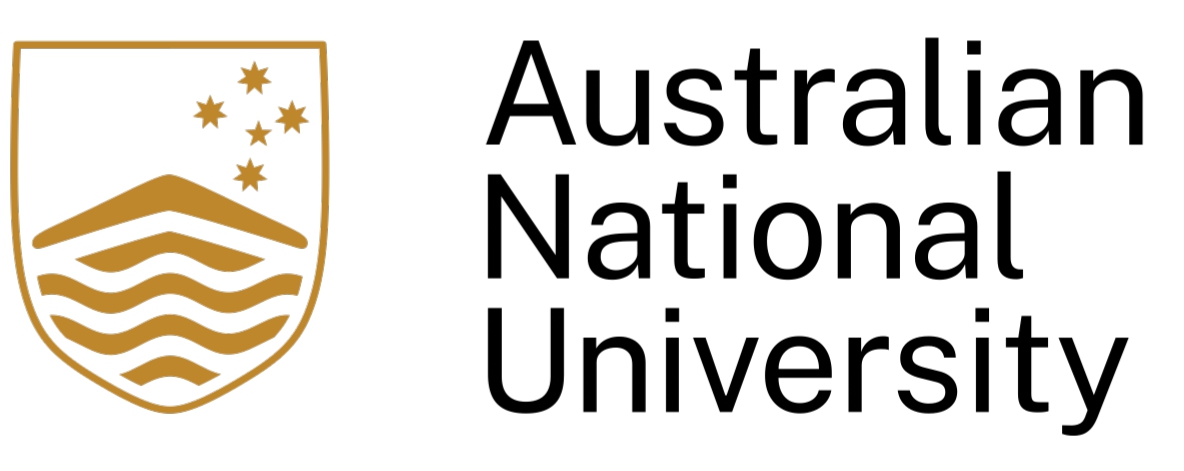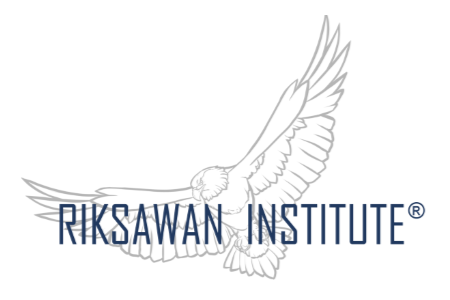Exploring Crime and Its Modus Operandi in Addis Ketema, Addis Ababa, Ethiopia
Abstract
This study was conducted with the intention of exploring crime and its modus operandi in Addis Ketema, Ethiopia. It employed exploratory research design and a qualitative research approach. Data were collected through in-depth interview, key informant interview and focus group discussion. The data were analyzed by using thematic analysis technique. The study showed that the types of crimes usually committed against the victims were burglary, larceny; snatching, battery, robbery and physical injury have been committed predominantly. The criminals usually look at the situation, season, time of the crime considering that committed an action works against victims by studying and looking at the potential victim's overall cautions. In this regard, victims were exposed for crime incidents because of their geographical proximity, social proximity, physical proximity, attractiveness, vulnerability or accessibility to the criminals as well as the victims’ reactions towards the commission of crime and sometimes due to the techniques and methods, the criminals used that is an unthinkable manner and beyond the victims’ ability to defend. Modus operandi that the criminal used to commit crimes against the victims were collision with the victims, scrolling, deception, relies on seasons of the annual year and vulnerability situations of the potential victims in the study area. The criminals have used various techniques to commit crime in different times by bringing new and latest techniques that are unthinkable by the police and victims. Oftentimes, victims exposed to crime and criminal acts because the potential victims did not learn a lesson from other victims and their prior victimization experiences.



.jpg)
.jpg)
.jpg)
.jpg)


.jpg) .
.

.jpg)

.jpg)

.jpg)




